From an old banana farmer on the border…
Located along the border with Cambodia, Mr. Vo Quan Huy's farm of more than 240 hectares (My Binh commune, Duc Hue district, Long An province) mainly grows bananas, the rest is mangosteen, green-skinned grapefruit and thousands of cows. In addition to the familiar name Ut Huy, many people also call him by the nickname "banana king" of the West because he is the first person in this region to successfully export to Japan, Korea, China... thanks to products that meet the very high criteria of demanding markets. The 70-year-old farmer has devoted his whole life to farming since he came to this land to reclaim land in 1994, and it was not until 10 years later that My Binh commune was established.
At that time, the land was barren and heavily contaminated with alum, and chemical treatments were unsuccessful. Only when he tried organic fertilizers did he succeed. In addition, the market demands for safe and high-quality products, which can only be met by using organic fertilizers. Therefore, the circular agriculture model was both a fate and an inevitable trend that he applied to his farms.
Mr. Huy said that in the past, organic fertilizer sources on the market were very limited and the price was high. To be proactive, he decided to build a cow farm with a capacity of up to 7,000 - 8,000 cows. Then, he used biological products to process cow manure into organic fertilizer that meets GlobalGAP standards for growing crops. To increase the nitrogen content of the fertilizer, he bought more shrimp and fish solution and ash to mix. Up to now, the amount of organic fertilizer produced at Long An farm has met 90% of the fertilizer needs of Huy Long An farm system including Dong Nai and Binh Duong. Therefore, for several years, cows did not make a profit because of low prices. There was a time when cows cost less than 80,000 VND/kg, but he still raised them to get manure to use as fertilizer for tree farms.
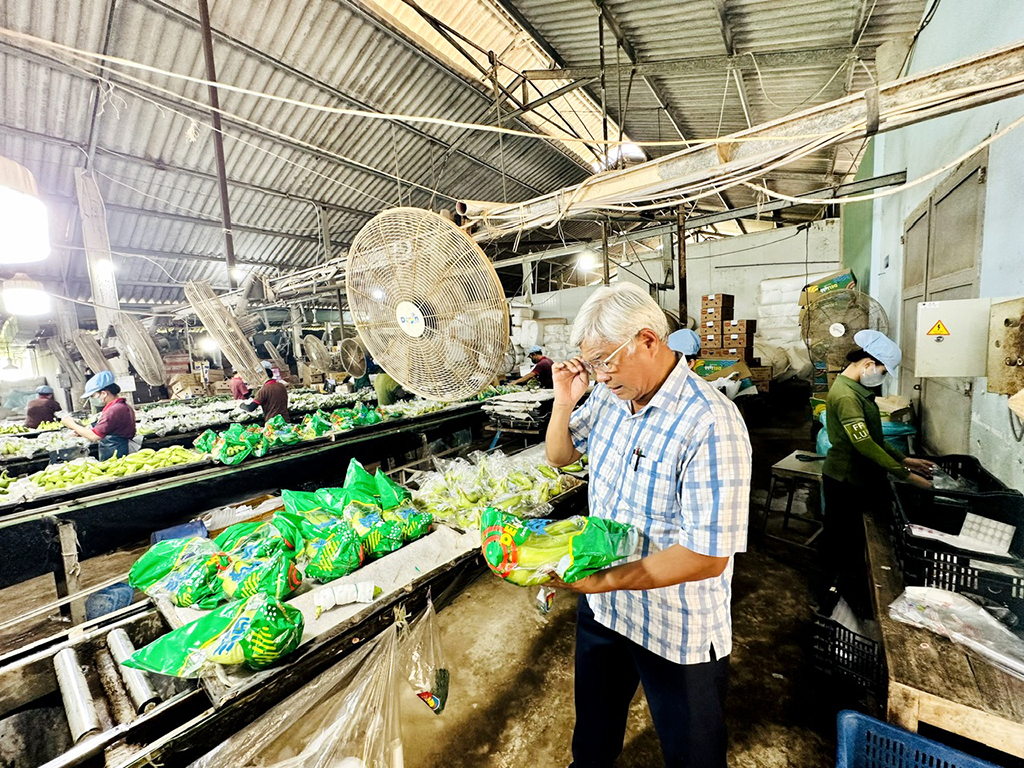
Mr. Vo Quan Huy checks banana products before packaging for export.
"Banana King" of the West Vo Quan Huy
"Now, after studying books, attending seminars, reading newspapers and listening to the radio, I know that what I am doing is called circular agriculture. But the nature is the same as the previous garden - pond - barn model. The only thing is that in the past, livestock waste was used directly or simply composted and then used in the cultivation process, but now it must be treated with microbiological technology. Fertilizers must meet quality standards and be environmentally safe," Mr. Huy honestly said.
According to Mr. Huy, circular agriculture is not difficult, but the important thing is to have full awareness of the benefits it brings and to persevere with that choice. For large farms with many workers, the awareness of the leader is very important. They must make sure that their employees understand the meaning and work of each stage in order to be successful. He himself also has to spend a lot of time training and educating employees to understand the values that the company is implementing. "When taking care of the garden, a weed that we dry and burn will pollute the environment. But if we know how to handle it, it will be a resource because it is biomass, organic matter. People who practice circular agriculture must have such basic and detailed awareness to be successful," shared the "banana king" of the West.
…to large corporations
Greening production or circular agriculture can now be found in many places across the country. According to Mr. Don Lam, General Director of VinaCapital Group: 10 - 20 years ago, agricultural waste was a huge burden in Vietnam. Today, most of that waste can be used as raw materials to produce biomass pellets, reducing the need for fossil energy. This is the circular economy and Nestlé is producing bricks, fertilizers from waste products or roofing materials from milk cartons; Heineken VN reuses or recycles nearly 99% of waste or by-products from the beer production process; Unilever VN has implemented a program to collect and recycle plastic packaging... "There is no reason why Vietnamese enterprises should not take the lead in applying circular economic practices," Mr. Don Lam emphasized.
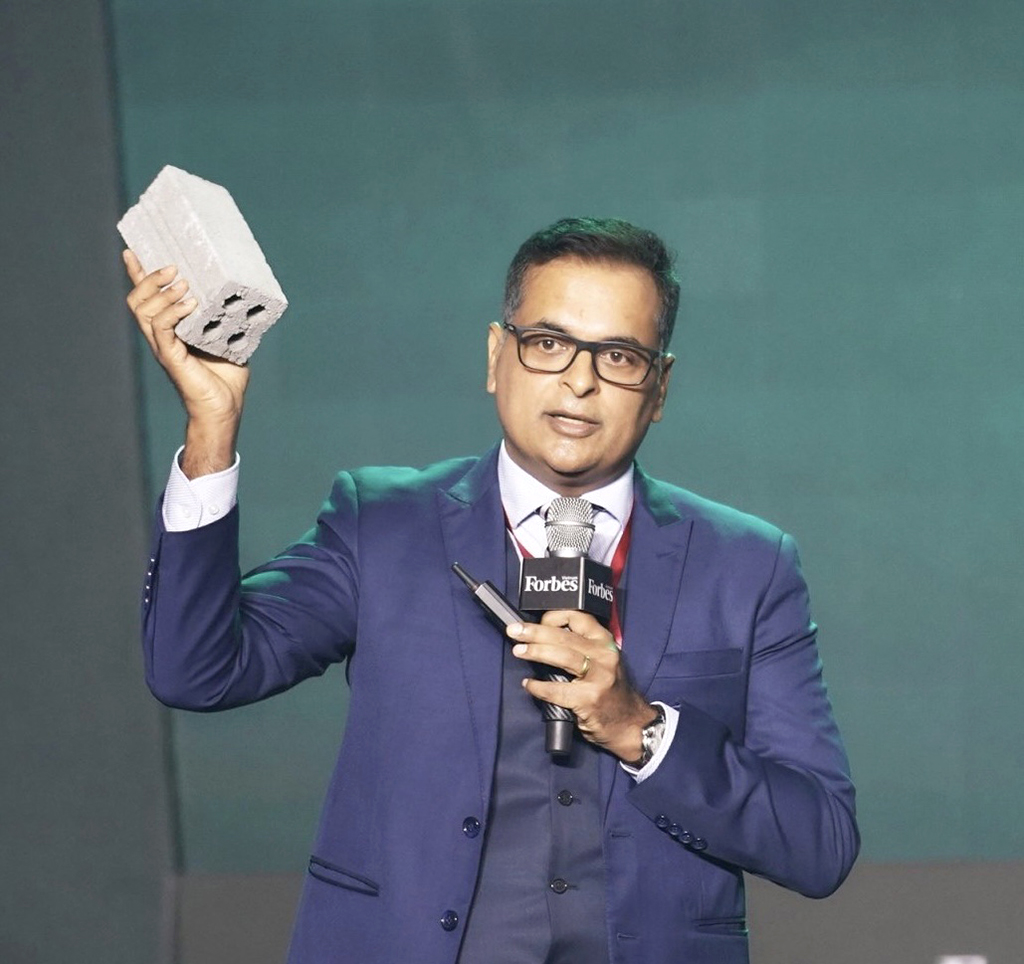
Mr. Binu Jacob, General Director of Nestlé Vietnam, introduced unburnt bricks produced using raw materials from waste sand taken from boilers in coffee production.
For large enterprises, greening products is no longer a slogan or a movement but a command of existence. Mr. Binu Jacob, General Director of Nestlé Vietnam, shared that environmental pollution and resource depletion are breaking the natural regeneration cycle, causing climate change. Human and business activities are the causes of these problems. Therefore, "enterprises should pioneer the transition to an economic model that ensures sustainable development," Mr. Jacob emphasized. In Vietnam, improving design to eliminate unnecessary packaging, reduce the use of virgin plastic, and replace it with environmentally friendly materials has helped Nestlé Vietnam reduce nearly 2,500 tons of plastic packaging in 2 years (2021 - 2022).
To date, approximately 94% of the company's product packaging is designed to be recycled and reused. Some of Nestlé VN's initiatives include using recycled PE plastic for NESCAFÉ product packaging, switching from disposable plastic straws to FSC-certified paper straws for all ready-to-drink products. In addition, the company is also aiming to use single-layer packaging for easier recycling. The application of the circular economy model has helped all Nestlé VN factories achieve the goal of "zero waste to landfill" since 2015. Currently, 100% of Nestlé VN's post-production coffee grounds are reused as biomass, helping to reduce gas consumption and CO2 emissions. Non-hazardous sludge from production activities after being treated is also used to produce fertilizer. Waste sand from the boiler is supplied to local unburnt brick manufacturers for construction projects.
Circular economic models are becoming more and more popular. That is the Nang va Gio aloe vera farm in the sunny Phan Rang area of GC Food Joint Stock Company. That is the 2-plant-1-animal model: banana, durian and pig in Gia Lai of Hoang Anh Gia Lai Group. That is the ecological farms of Nutifood, Vinamilk... That is the political determination of localities to reduce greenhouse gas emissions, emissions from traffic, from the use of coal-fired electricity... Not only sustainable production, circular economy also helps businesses earn billions, even hundreds of billions of dong in addition to the passport to export goods around the world, while helping localities improve the quality of life of people, enhance competitiveness to attract high-quality investment.
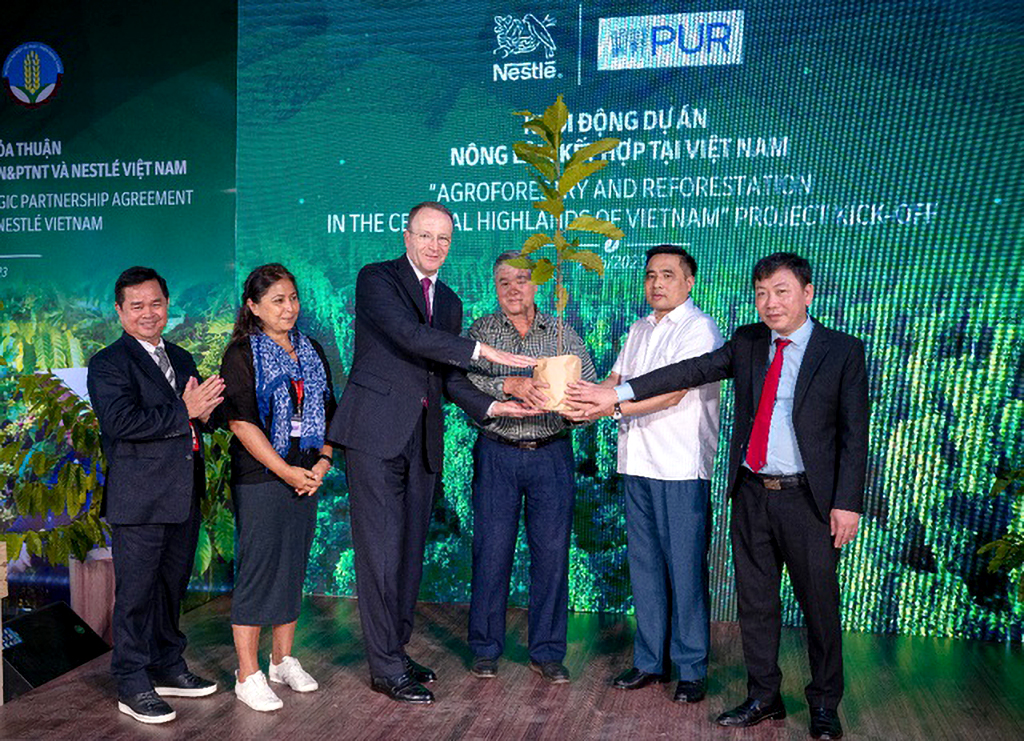
Mr. Mark Schneider, CEO of Nestlé Group (3rd from left) and Deputy Minister of Agriculture and Rural Development Nguyen Quoc Tri (2nd from right), launched the Agroforestry project.
Sustainable coffee growing
At the end of June 2023, Nestlé Vietnam and the Ministry of Agriculture and Rural Development signed a Memorandum of Understanding (MOU) on strengthening public-private partnership to promote the development of sustainable, regenerative and low-emission agriculture through the Partnership for Sustainable Agriculture in Vietnam (PSAV). Nestlé and the Ministry of Agriculture and Rural Development launched the project "Sustainable coffee cultivation using the agroforestry model", aiming to plant more than 2.3 million trees including timber trees, fruit trees, etc. from now to 2027. The project aims to contribute to bringing economic value, creating more income for farmers, while supporting the improvement of coffee growing conditions, especially increasing resistance to insects and adapting to climate change, natural disasters, improving soil quality and biodiversity. The project is expected to help absorb and store about 480,000 tons of CO2 over a 5-year period (2023 - 2027), contributing to the transition to ecological agriculture in coffee cultivation in the Central Highlands provinces.
The inevitable "green path"
Developing the economy along the "green path" becomes even more important and urgent when Vietnam is one of the countries that will be heavily affected by climate change. In addition, many customers importing Vietnamese products have been and are aiming for the "eco-label" roadmap for their products. As an open economy, wanting to boost exports, there is no other way but to green their products. The story of Vietnam's textile industry "starving" for orders while Bangladesh "working tirelessly" because it has switched to green production to lead the new trend of the world is a warning for both the export industry in particular and the development trend in general.
According to Associate Professor Dr. Nguyen Hong Quan, Director of the Institute for Circular Economic Development Research (VNU-HCM): Reality requires humanity to shift to a circular economy because natural resources are increasingly depleted and polluted. Vietnam, like many countries in the world, has set clear goals and roadmaps for this issue. Specifically, by 2050, net emissions will be reduced to zero. To do this, governments must develop appropriate roadmaps for each short period. In addition, they must establish a legal and policy framework for society to operate according to.
In addition, there needs to be a capital mechanism to promote the transformation. Green growth needs to be addressed from production, circulation, consumption and finally post-consumption. All stages must be synchronized, because just one stage of failure will break the chain, and the whole chain must be continuous to have a circular economy. "If we want to achieve zero emissions by 2050, all sectors, industries and enterprises must have the same goal. Enterprises that want to survive and develop must also rely on the market, including both domestic and foreign markets. Therefore, the State needs to promote to raise awareness of the majority of the population and policies to encourage them to choose sustainable products through selling prices," Mr. Quan analyzed.
"According to my observation, we are currently in the stage of talking and discussing a lot about green growth and circular economy, but policies are still lacking and weak. Besides a few outstanding models, the majority of enterprises have not yet determined their goals and roadmap for transformation. Therefore, many enterprises do not have an action plan and have not mobilized resources in line with the general global trend. Meanwhile, consumer demand has been and is changing very quickly towards being environmentally friendly and sustainable with nature. If we do not quickly grasp this trend, we risk falling behind, as the lesson of the current textile and garment industry," said Dr. Quan.
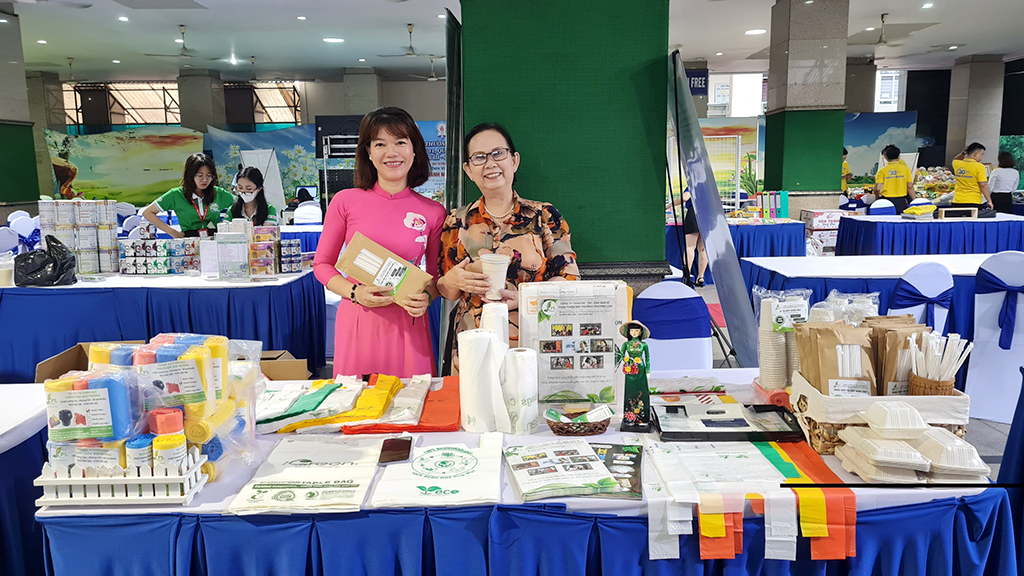
Ms. Phan Thuy Phuong (right), Deputy Head of the Southern Office of the Vietnam Clean Water and Environment Association, introduces environmentally friendly plastic bags and bio-plastic bags.
From the perspective of an enterprise and an environmental activist, Ms. Phan Thuy Phuong, Director of Phuong Lan Environmentally Friendly Plastic Packaging Production Company - Deputy Head of the Southern Office of the Vietnam Clean Water and Environment Association, cited: Environmentally friendly plastic bags have now covered all modern distribution systems. Meanwhile, in other channels, traditional plastic bags still dominate, accounting for over 60% of the total plastic bag output on the market. Currently, environmentally friendly plastic bags are made of high-quality materials, and cost only 40,000 - 45,000 VND/kg. This is a good opportunity for the State to continue policies to promote the consumption of environmentally friendly bags and limit traditional plastic bags. In addition, there are support policies for the development of the production of biodegradable plastic bags and bioplastics.
Consumer trends have changed, consumers are increasingly willing to pay more for environmentally friendly products. "Green or die", there is only one choice for each business to develop and from there, contribute to the goal of bringing net emissions to zero by 2050 as committed by the Government at COP26.
The Bain Consulting Company's 2022 Environmental, Social and Corporate Governance Asia-Pacific Survey shows that consumers in developing countries such as Vietnam, the Philippines, and Indonesia care more about the environment and society than those in developed countries such as Australia, Japan, and South Korea. Notably, the survey also shows that consumers in Vietnam top the list of consumers who want businesses to play a leading role in the transition to sustainable development. Meanwhile, in countries such as Malaysia, China, Singapore, and Thailand, consumers expect the government to play this role. The survey results are based on the opinions of nearly 17,000 people in 11 countries.
Source link


![[Photo] Phuc Tho mulberry season – Sweet fruit from green agriculture](https://vstatic.vietnam.vn/vietnam/resource/IMAGE/2025/4/10/1710a51d63c84a5a92de1b9b4caaf3e5)



![[Photo] Unique folk games at Chuong Village Festival](https://vstatic.vietnam.vn/vietnam/resource/IMAGE/2025/4/10/cff805a06fdd443b9474c017f98075a4)
![[Photo] Prime Minister Pham Minh Chinh chairs meeting to discuss tax solutions for Vietnam's import and export goods](https://vstatic.vietnam.vn/vietnam/resource/IMAGE/2025/4/10/19b9ed81ca2940b79fb8a0b9ccef539a)
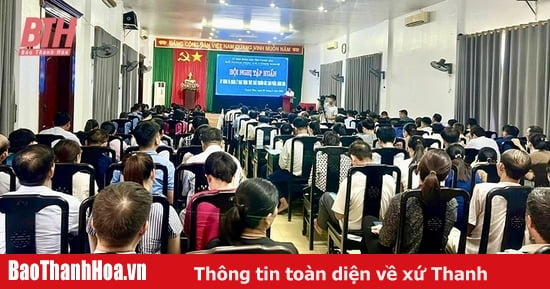




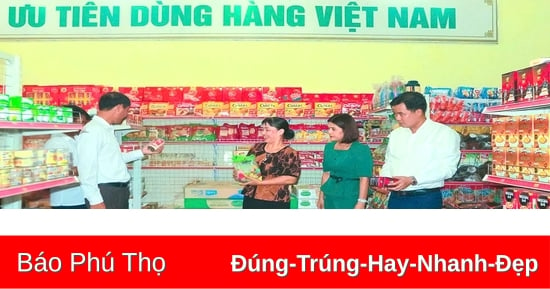
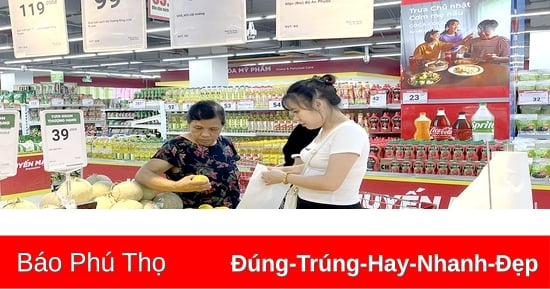
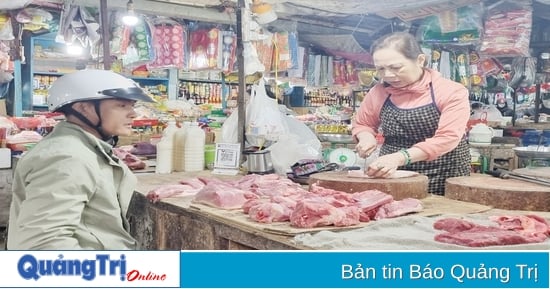

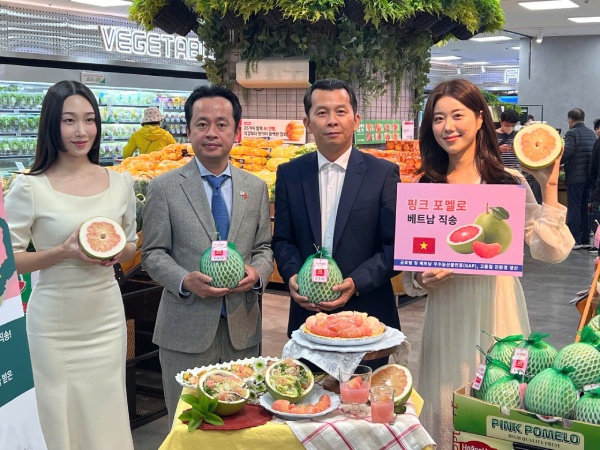
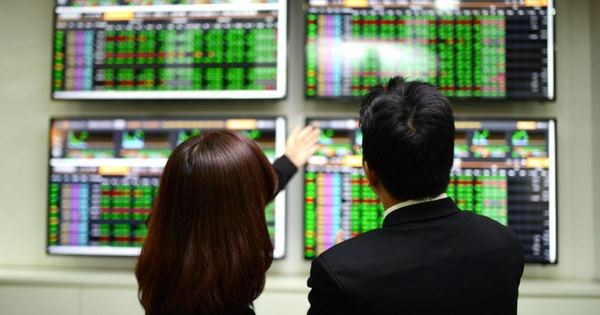
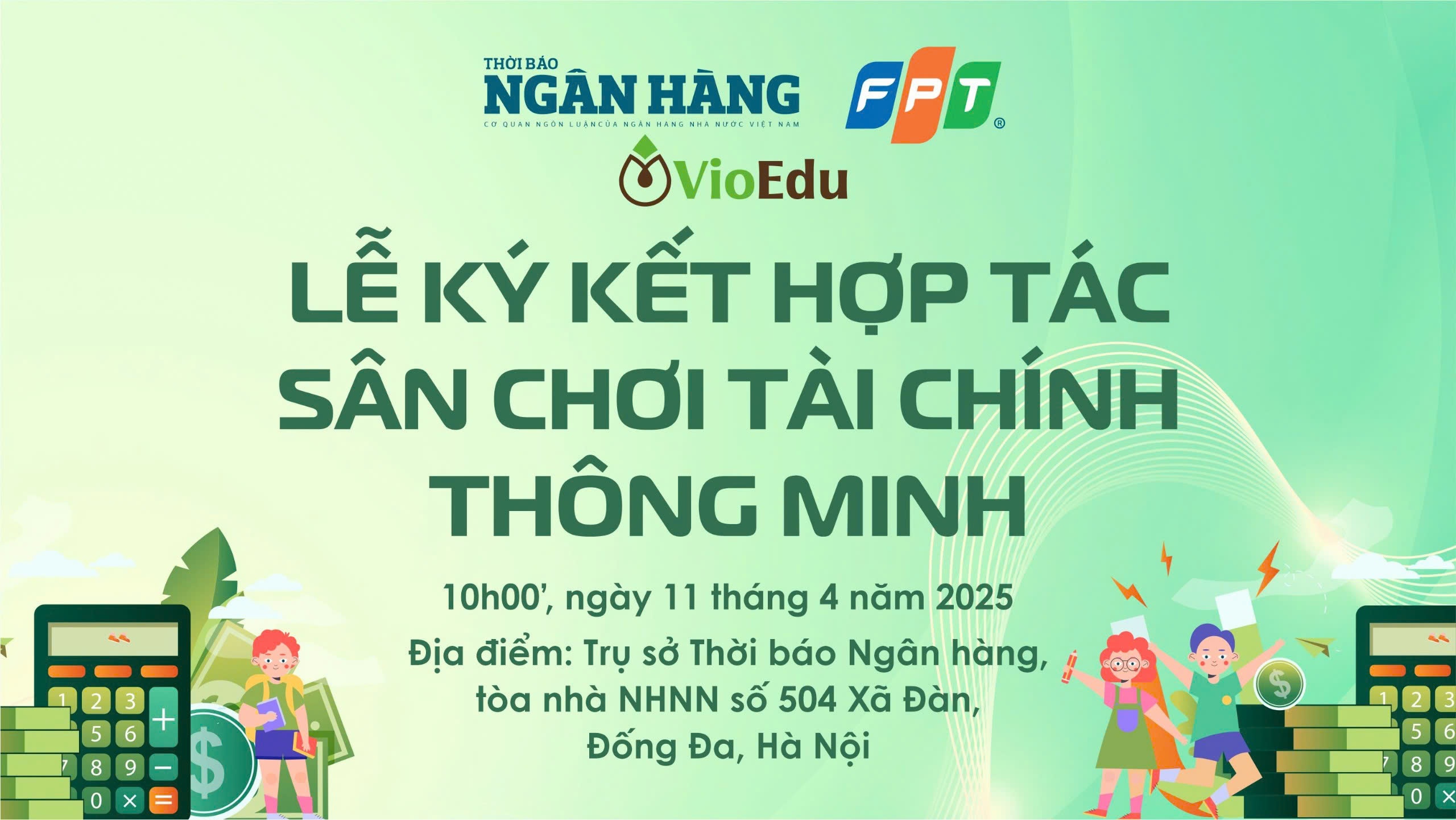
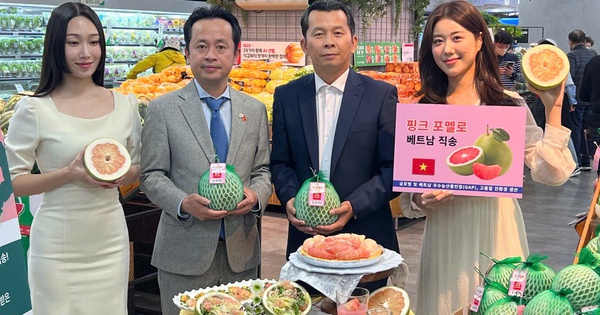
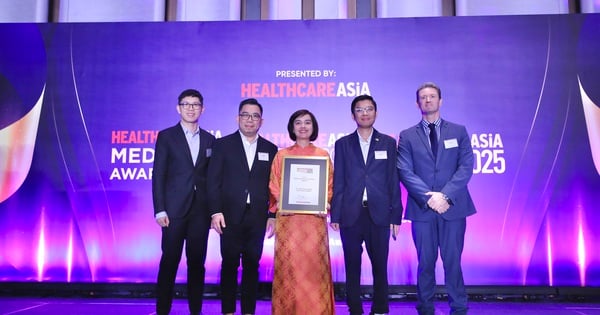
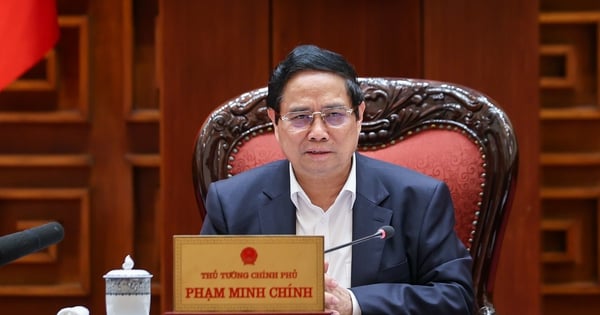





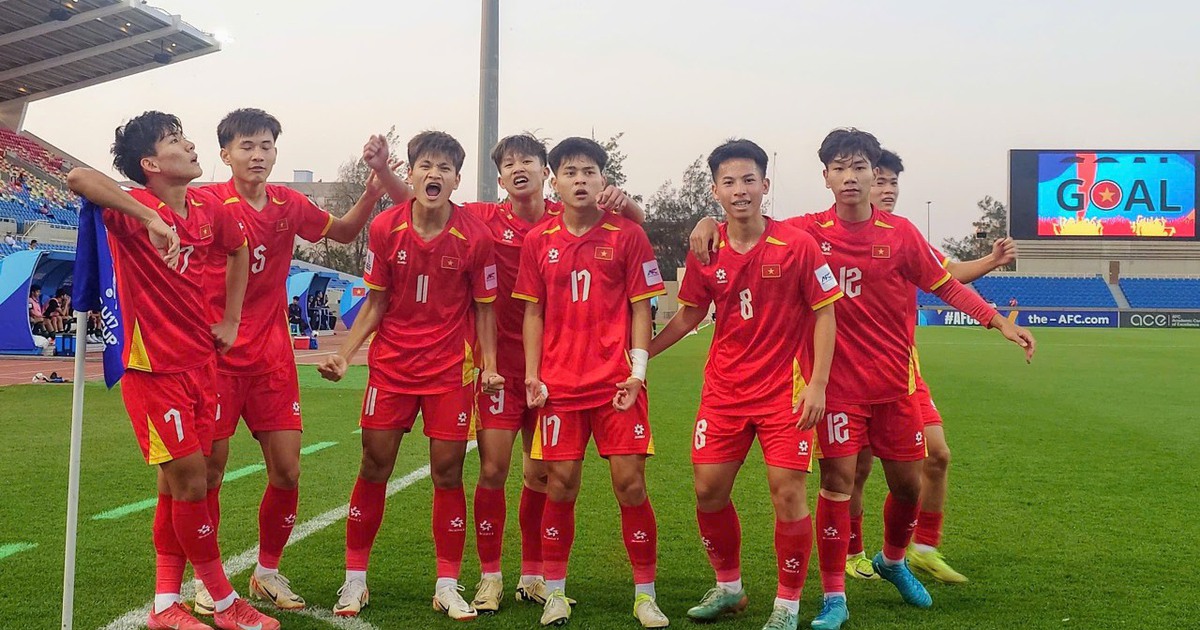
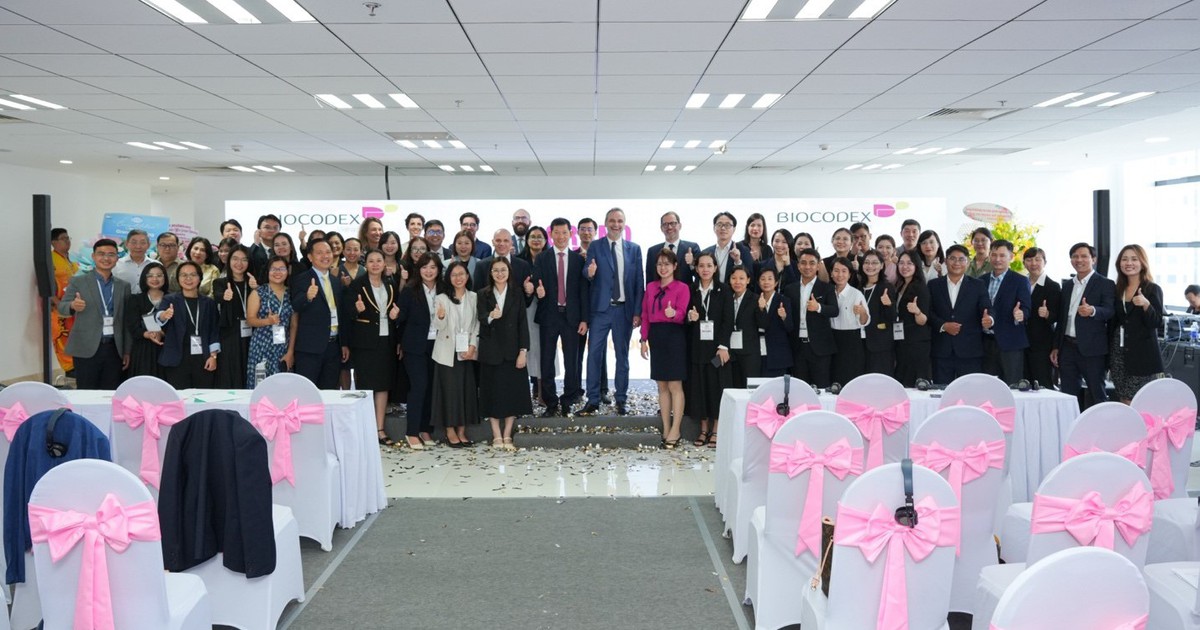
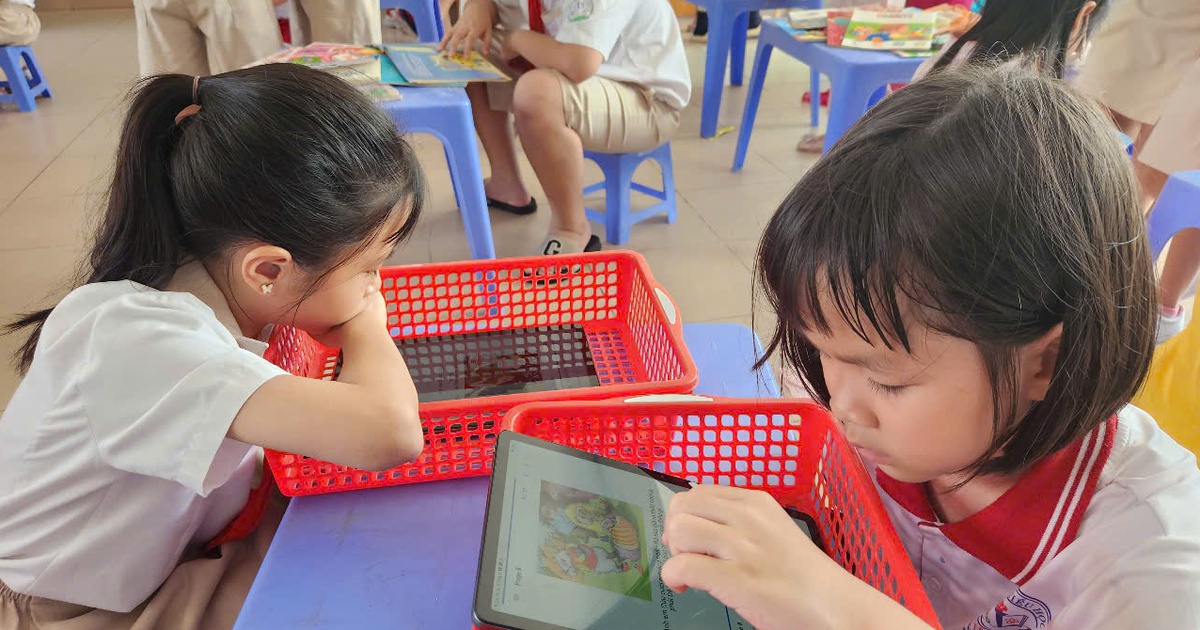
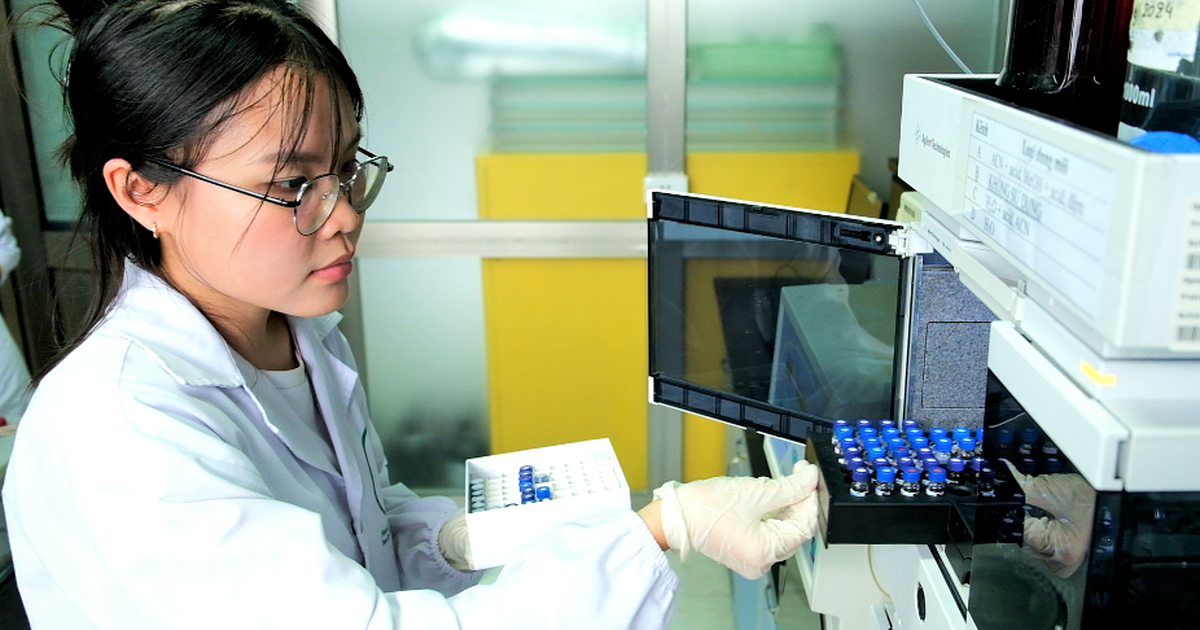















































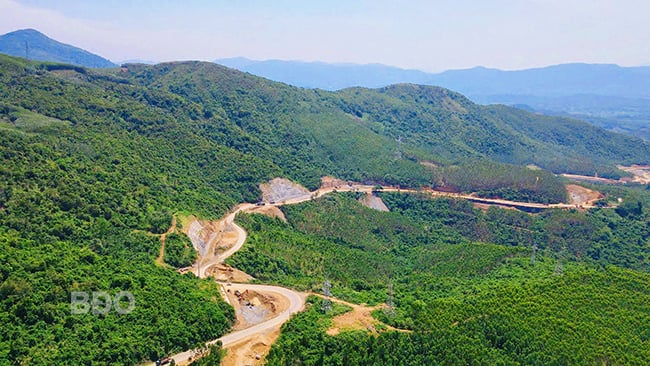
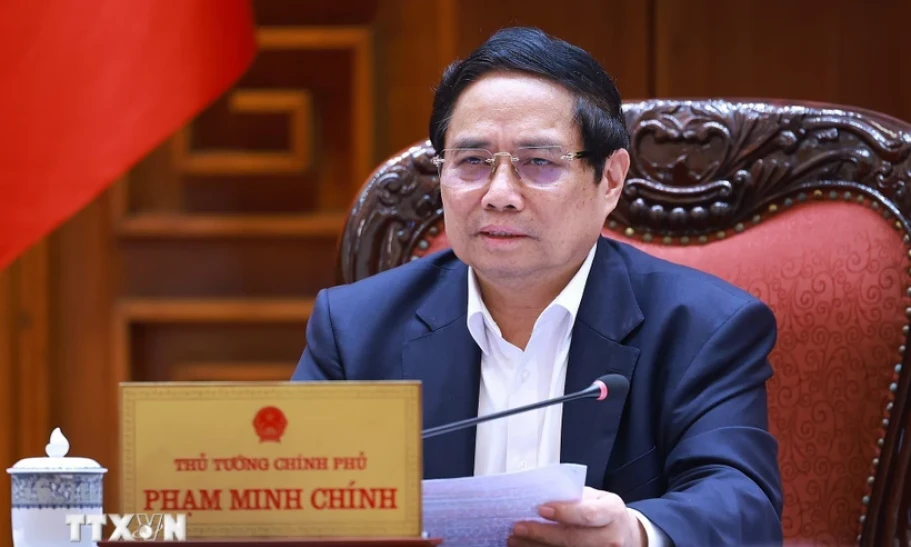
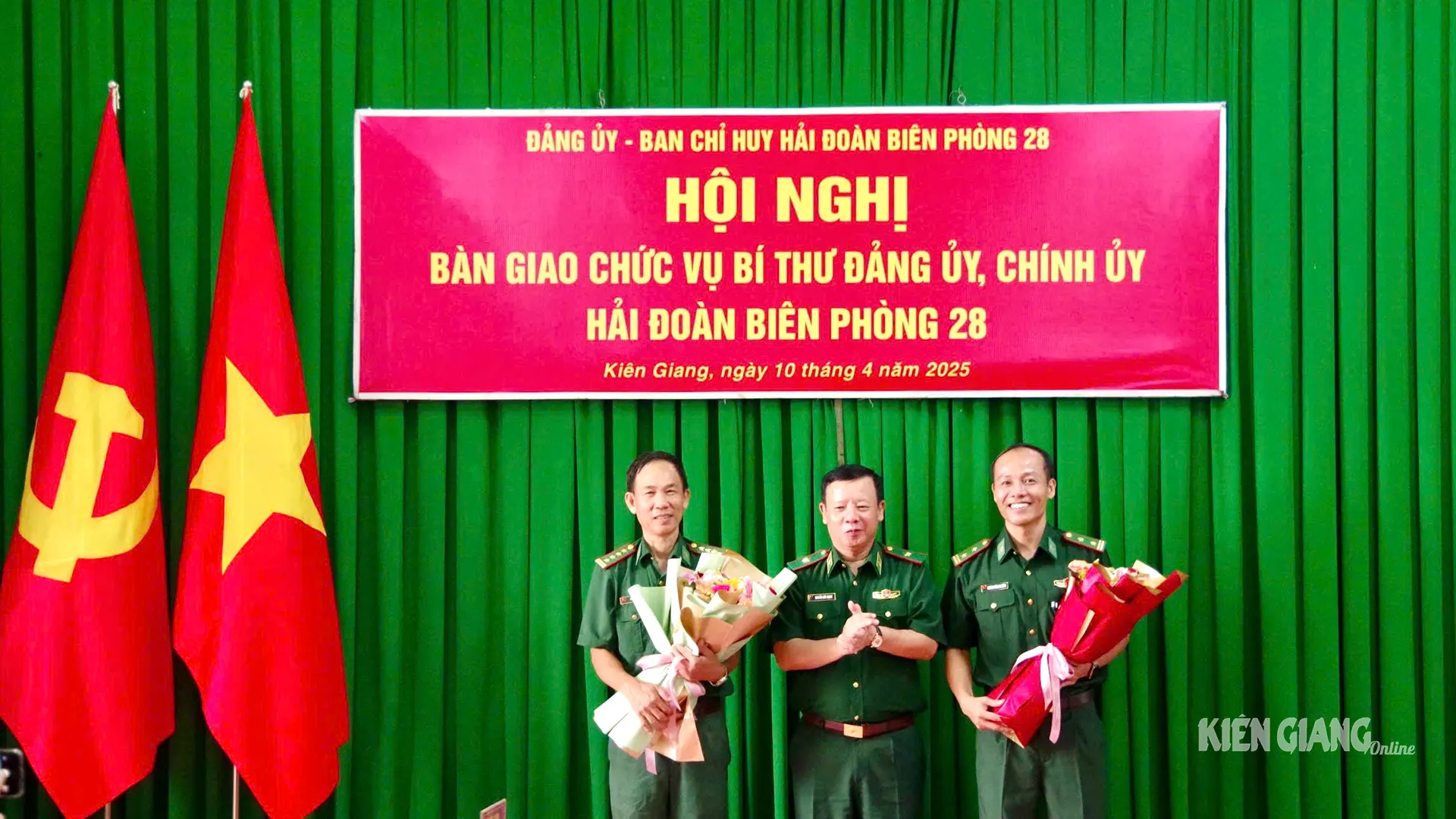
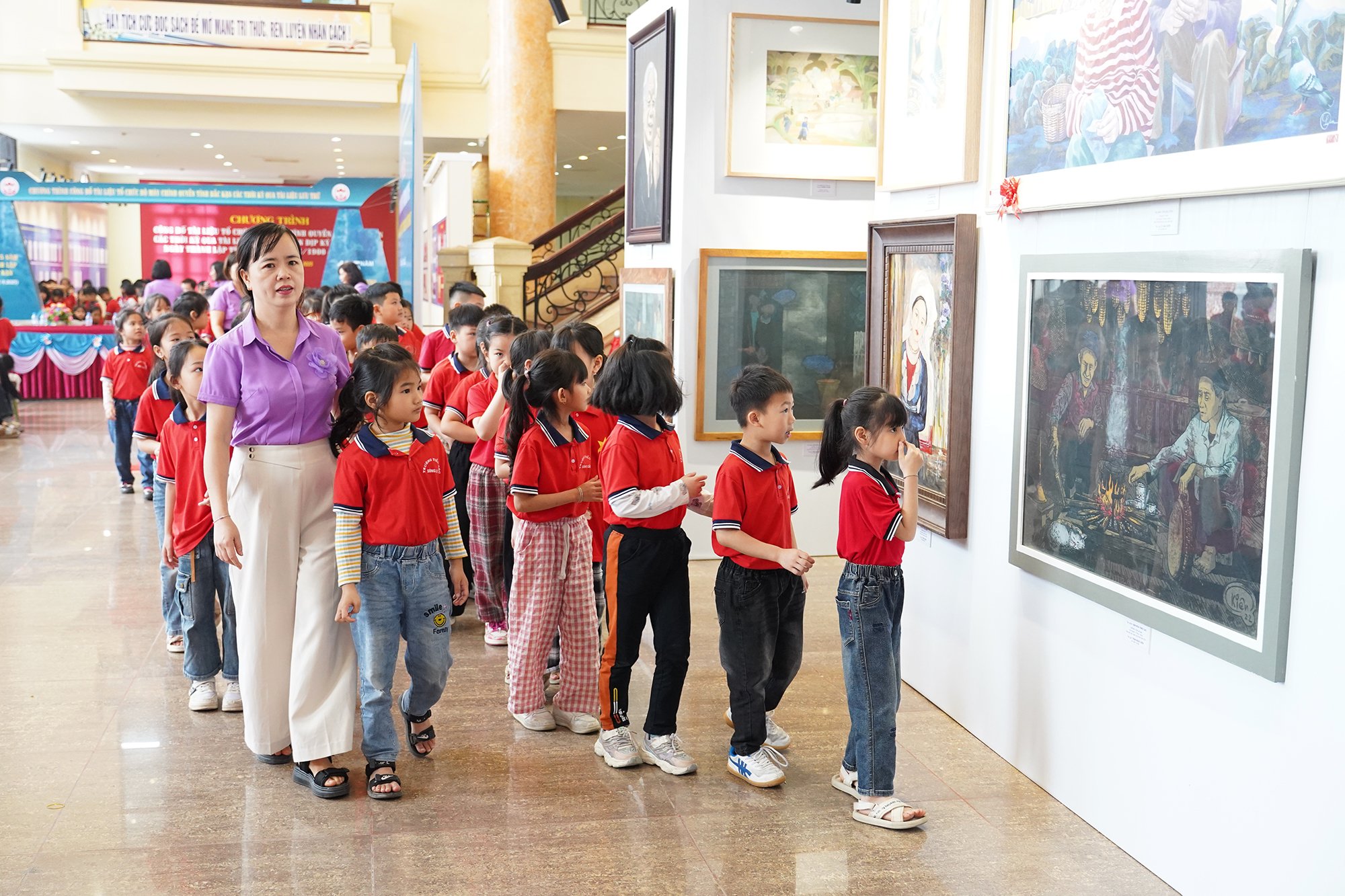
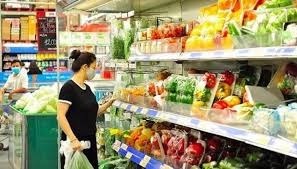

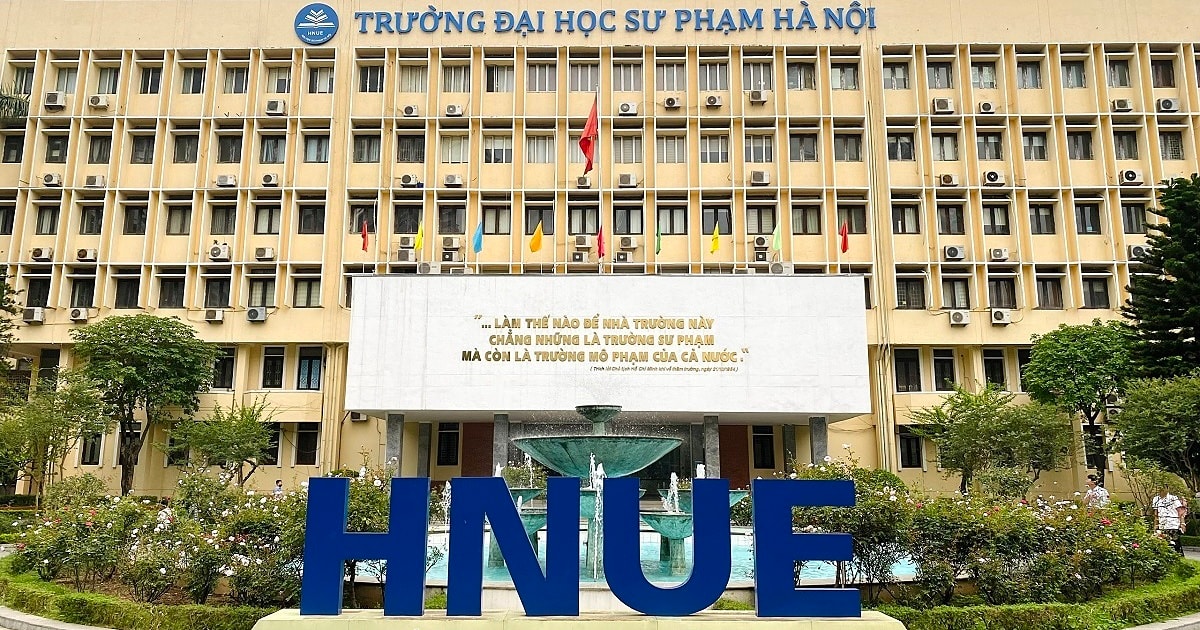








Comment (0)